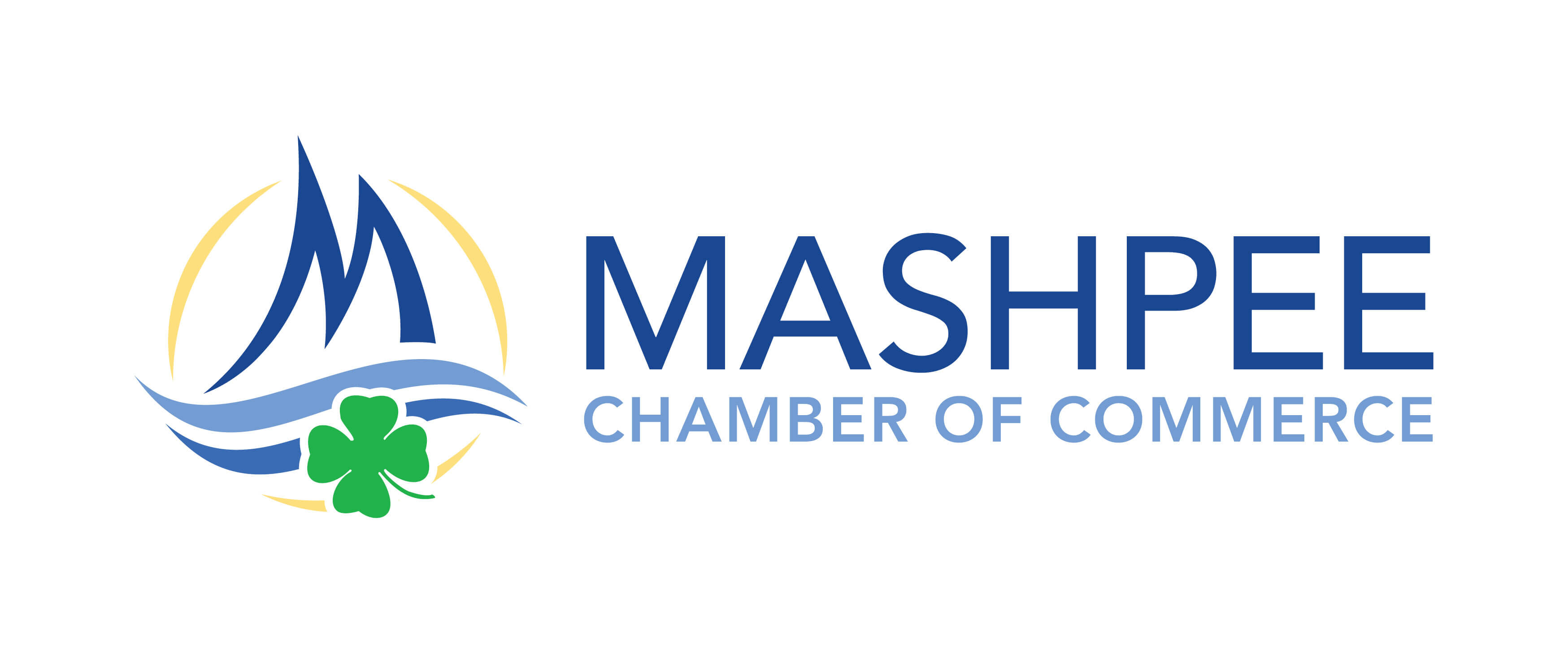How Cutting-Edge Audits Are Shaping the Future of Compliance
How Cutting-Edge Audits Are Shaping the Future of Compliance
These days, businesses must adopt forward-thinking audit strategies to maintain compliance and build trust. The integration of advanced technologies such as blockchain and predictive analytics is reshaping how organizations approach audits, offering unprecedented accuracy and efficiency. These innovations not only streamline processes but also provide a robust framework for anticipating and mitigating compliance risks. By leveraging these tools, companies can ensure their operations are not only compliant but also strategically aligned with future regulatory demands.
Streamlining Financial Management with Document Systems
Implementing a document management system is a game-changer for handling your business’s financial records. By converting PDF files to Excel, you gain the ability to easily manipulate and analyze tabular data, offering a more versatile and editable format. This transformation not only enhances your ability to conduct thorough financial analysis but also simplifies the process of updating and maintaining records. Once you have made the necessary adjustments in Excel, you can conveniently resave the file as a PDF, ensuring that your documents remain accessible and secure. For more information on how to convert PDF files to Excel, check out these steps to convert PDF files to Excel.
Building Audit Reliability with Blockchain’s Immutable Trails
Utilizing blockchain technology can significantly enhance the reliability of audit records through secure and unchangeable audit trails. Blockchain’s decentralized ledger system ensures that once a transaction is recorded, it remains unaltered, providing a trustworthy and transparent record. This immutable nature eliminates the need for traditional audit trails, which are often prone to errors and manipulation. As a result, auditors can access real-time, tamper-proof data, reducing the complexity and cost of reconciliation processes. Embracing blockchain not only streamlines auditing but also boosts the accuracy and trustworthiness of financial reporting, paving the way for more efficient compliance.
Harnessing Predictive Analytics for Proactive Compliance
Integrating predictive analytics into your compliance strategy allows you to anticipate potential compliance issues before they become significant problems. This approach leverages historical data and pattern recognition to forecast areas of risk, allowing you to address them proactively. For instance, using predictive models, organizations can identify trends that might indicate future non-compliance, enabling timely interventions. This not only helps in mitigating risks but also enhances the overall efficiency of audit processes by focusing resources on areas with the highest potential for issues.
Stay Ahead with Regular Compliance Software Updates
Keeping compliance software updated is essential for adapting to changing laws and industry requirements. Evolving regulations demand tools that provide real-time updates to avoid penalties and protect legal integrity. Automated updates simplify compliance processes, reduce risks, and enhance efficiency across operations. Seamless integration ensures teams stay informed and equipped to handle new regulatory demands effectively. Choosing software with continuous updates provides a clear edge in maintaining compliance and strengthening competitiveness.
Enhance Audit Efficiency with Metadata Tagging
Implementing metadata tagging can significantly streamline the organization of documents, making them easily searchable during audits. This method allows you to assign specific tags to documents, such as creation date, author, or document type, which facilitates quick retrieval through keyword searches or filter options. As a result, you save valuable time and ensure that auditors can access the necessary information promptly, leading to more efficient audit processes. Moreover, metadata tagging helps maintain compliance with industry regulations by enabling precise tracking and management of sensitive data, reducing the risk of non-compliance.
Pay Attention to Regulatory Changes with Proactive Monitoring
To effectively minimize the risks of non-compliance, you should develop a proactive monitoring strategy that anticipates regulatory changes. By staying informed about evolving regulations, such as the EU’s Network and Information Security Directive and the Digital Operational Resilience Act, you can ensure your business remains compliant. This approach involves continuously analyzing trends and patterns, including geopolitical tensions and technological advancements, which may influence regulatory landscapes. Implementing a zero-trust model and leveraging AI-enabled monitoring can further enhance your ability to detect potential compliance issues before they arise.
Using Sentiment Analysis for Compliance Culture Assessment
To effectively evaluate the compliance culture within your organization, leveraging sentiment analysis on employee feedback and communications can be transformative. By utilizing advanced sentiment analysis tools, you can uncover patterns and emotional tones in qualitative data, providing insights into how employees perceive compliance-related practices. This approach not only highlights areas of strength but also identifies potential risks of disengagement or dissatisfaction that could undermine compliance efforts. Moreover, acting on these insights fosters a transparent and trustworthy environment, aligning organizational values with employee expectations.
Improving Trust in Compliance with Blockchain Audit Trails
Integrating blockchain technology into audit trails can significantly improve the integrity of your data and establish an unchangeable record of transactions. Unlike traditional databases that rely on a central authority, blockchain operates on a decentralized network, ensuring that once data is entered, it cannot be modified without the consensus of the entire network. This feature not only enhances transparency but also reduces the need for complex reconciliation processes, as all transactions are securely recorded in real time. As a result, auditors can leverage cryptographic techniques to verify transaction integrity, ensuring compliance with regulations and boosting trust in financial reporting.
Integrating advanced audit strategies helps businesses achieve compliance while enhancing their competitive position. These methods promote transparency and accountability, building a foundation for long-term success. Embracing such innovations supports organizational growth and reinforces trust with stakeholders. Adapting to these strategies ensures resilience in a constantly shifting regulatory landscape. Businesses that prioritize these tools position themselves for sustainable progress.
Discover the vibrant opportunities with the Mashpee Chamber of Commerce and elevate your business through networking, education, and community engagement!
